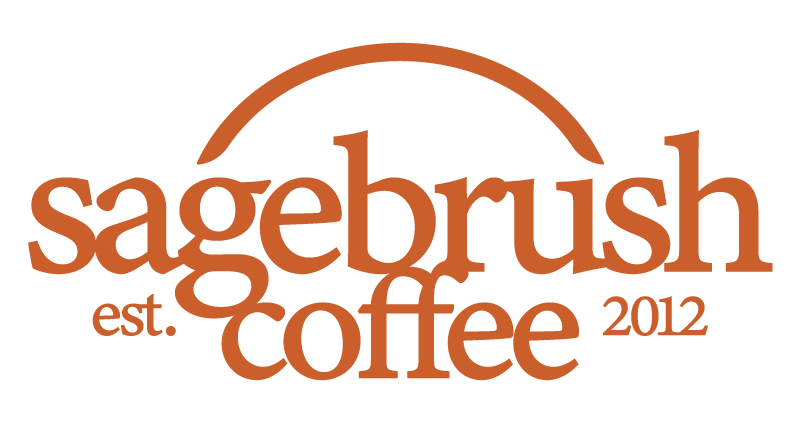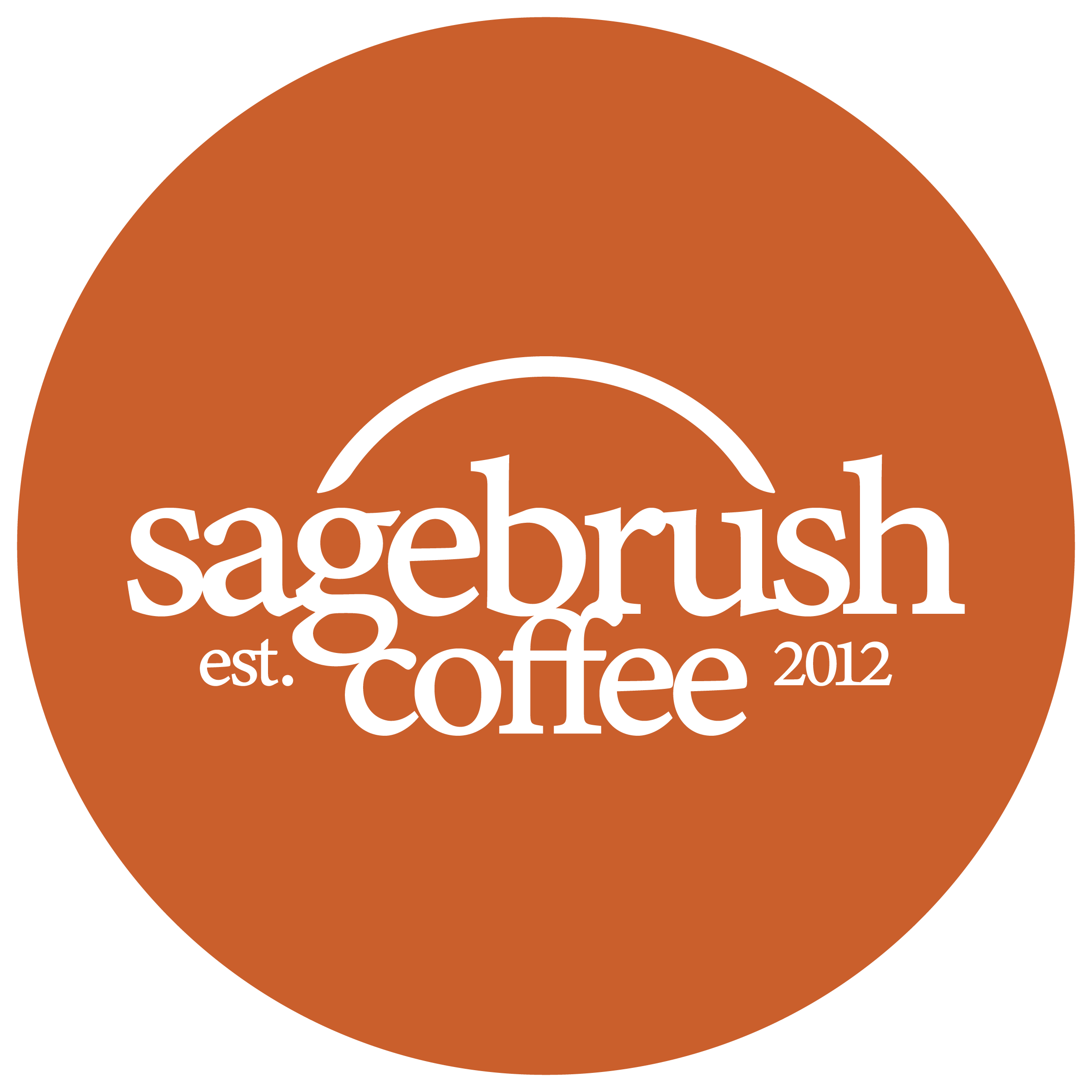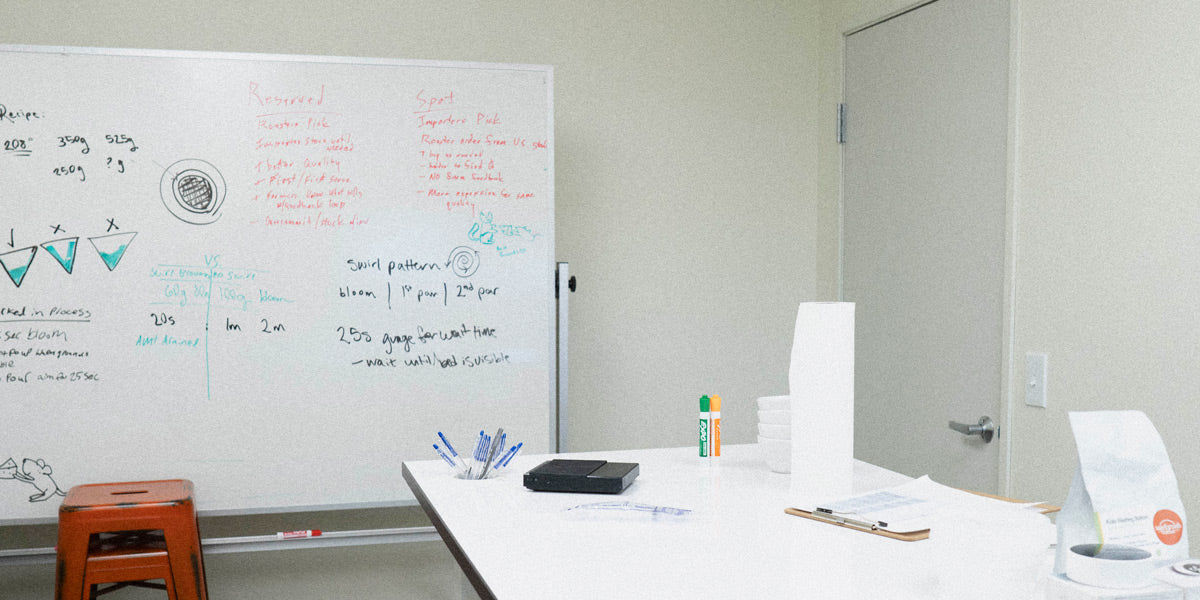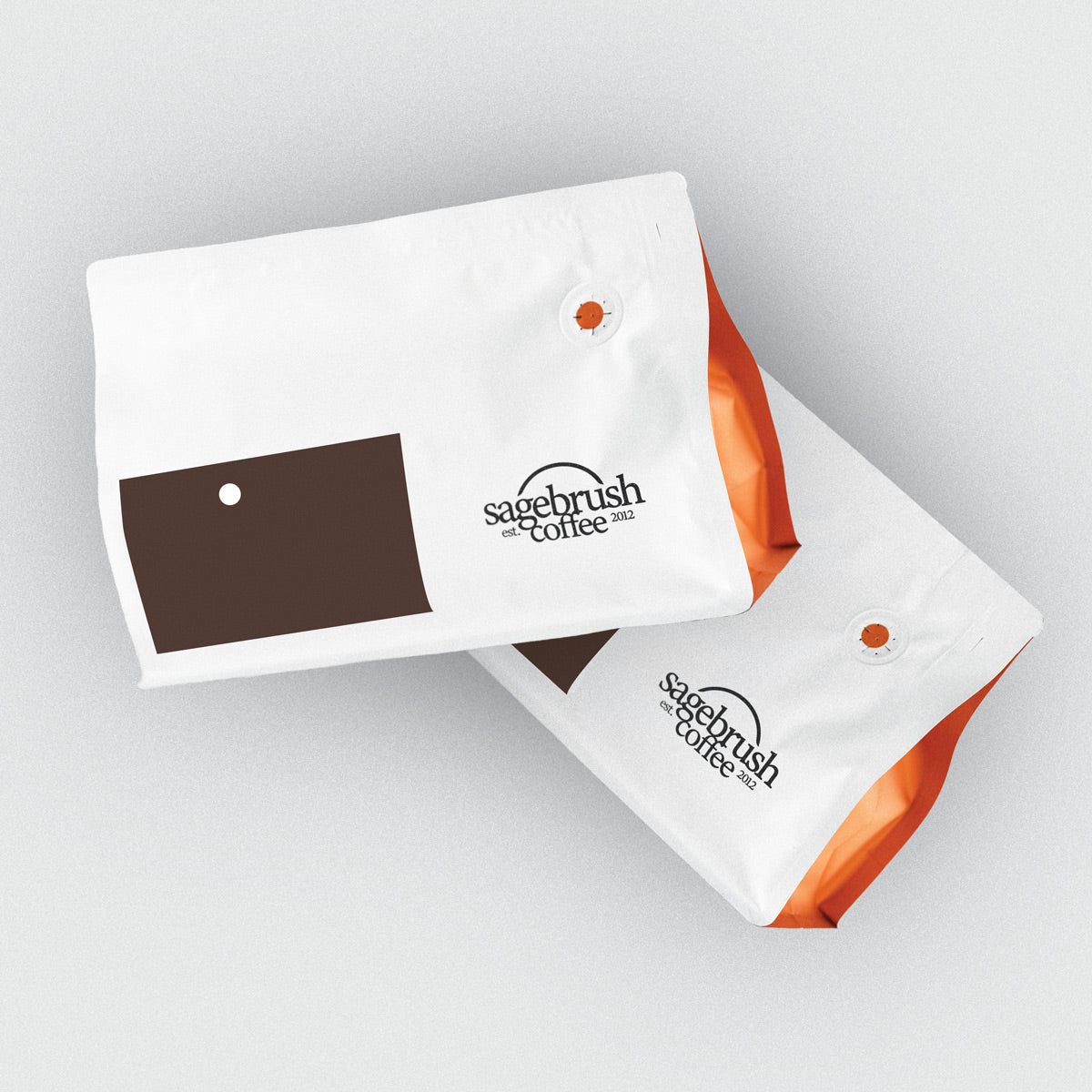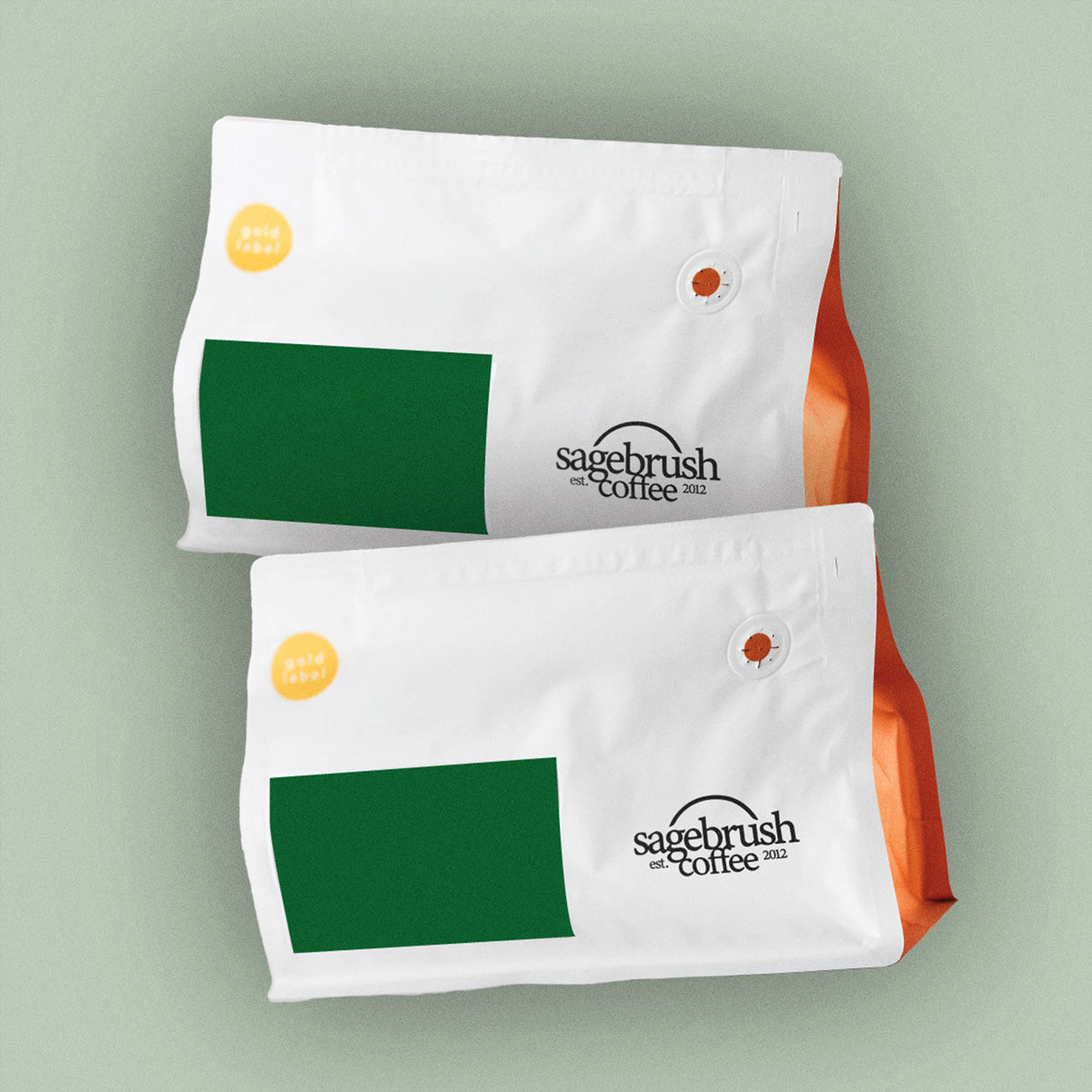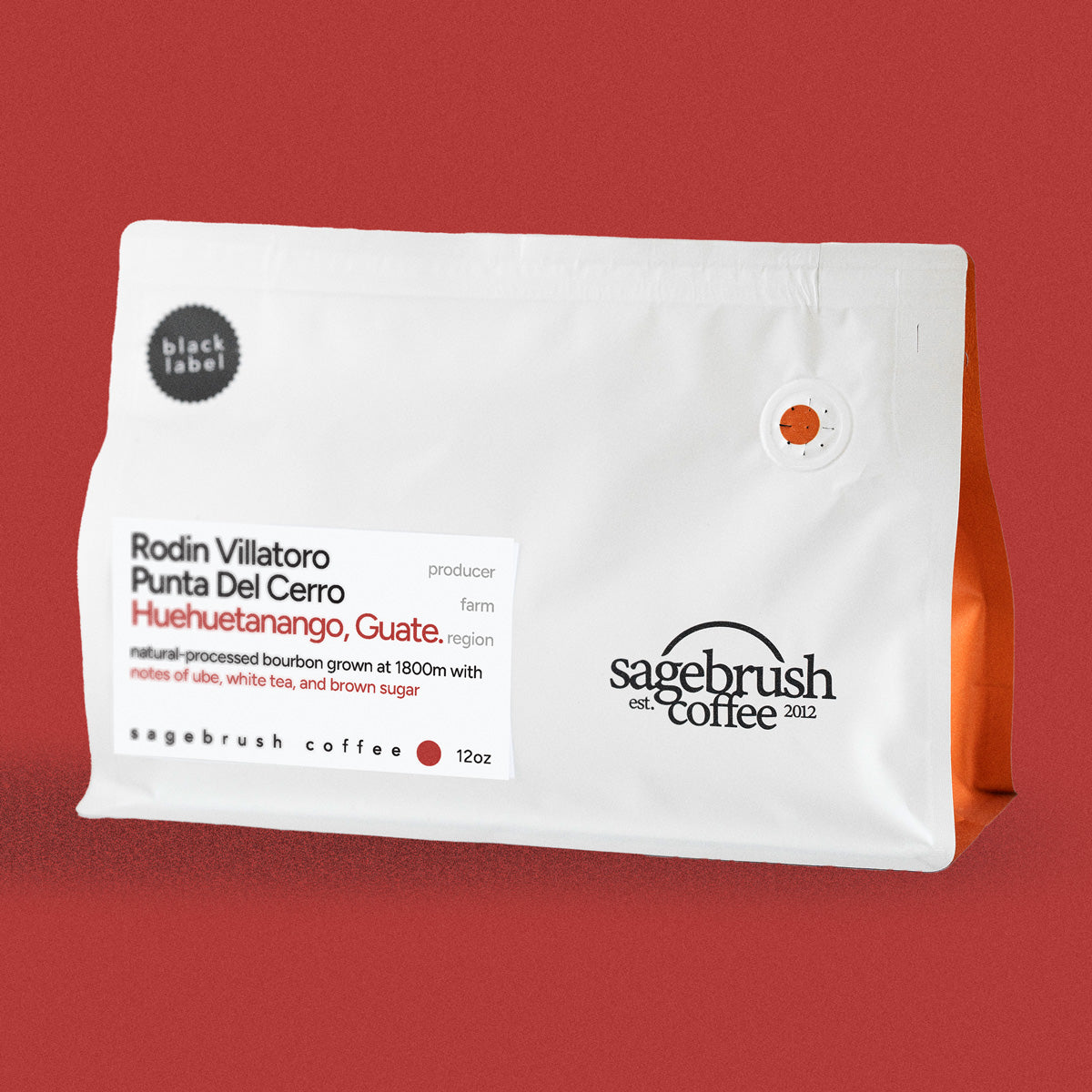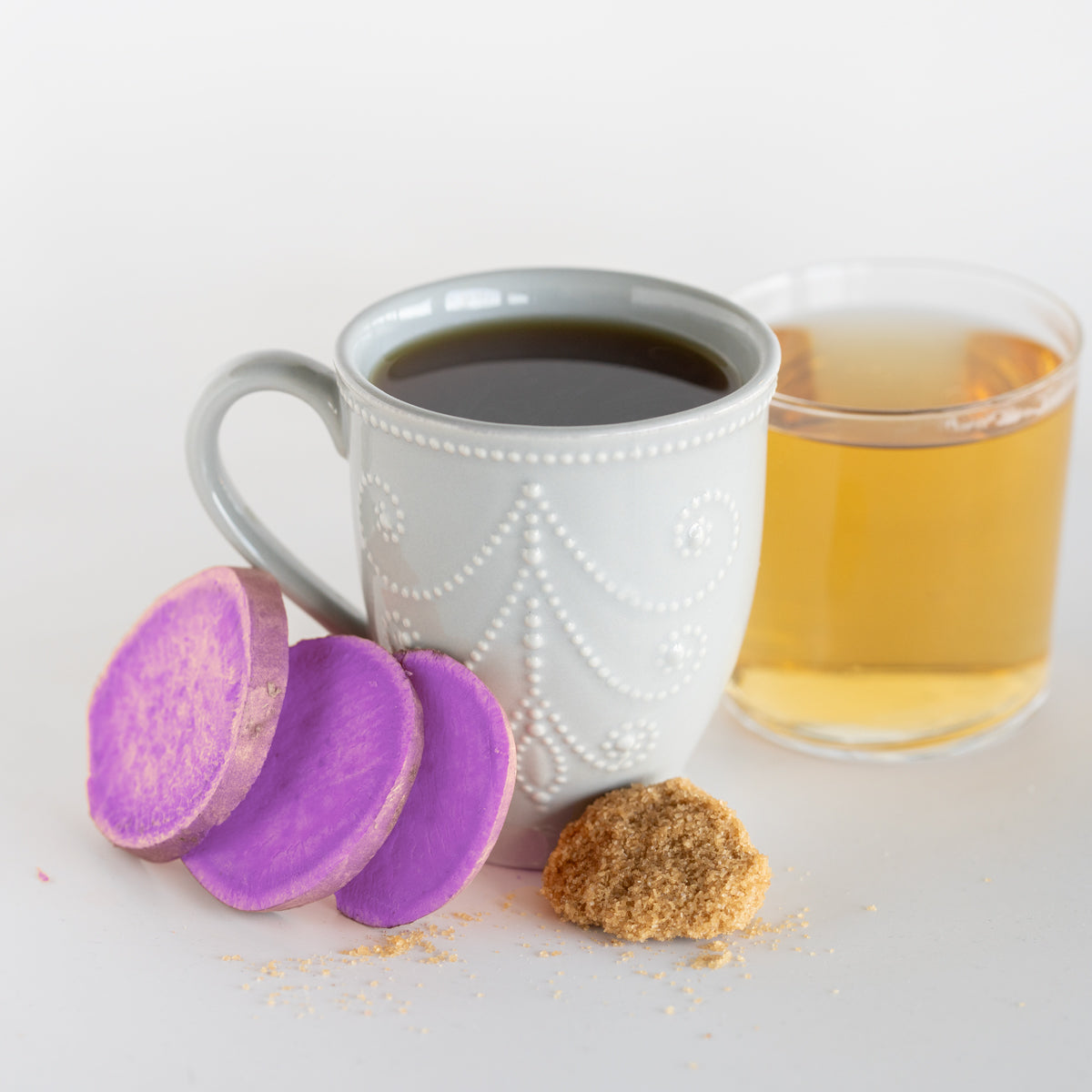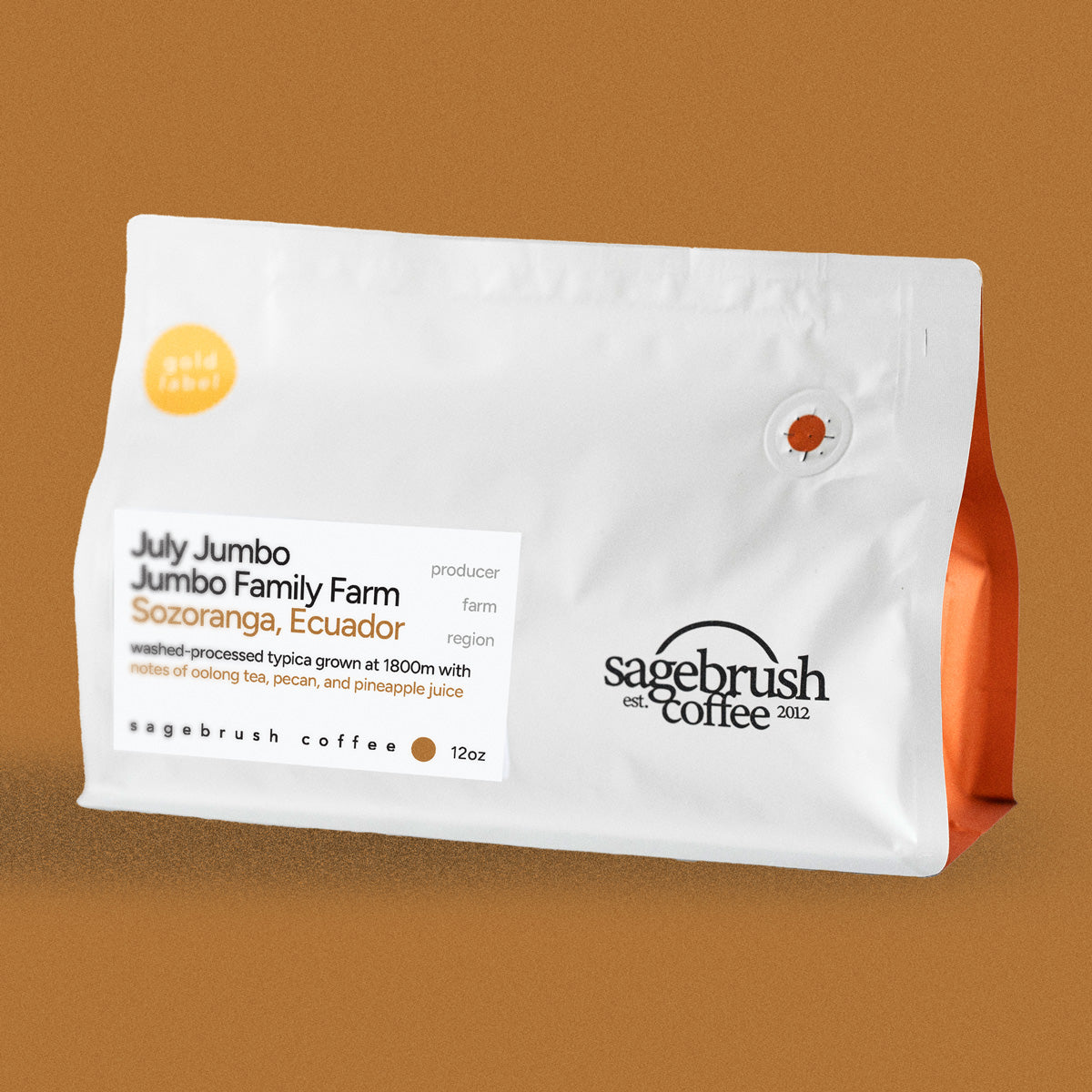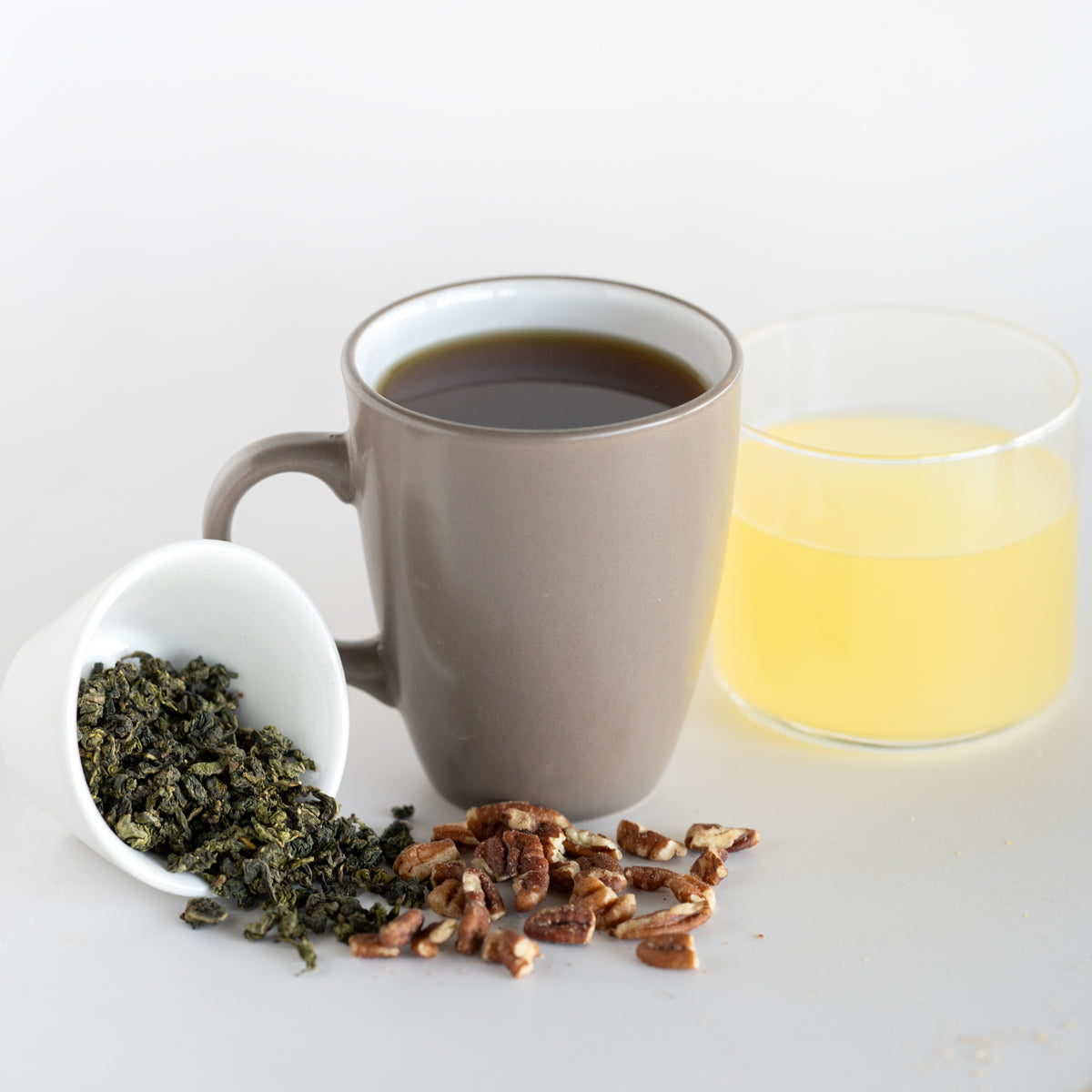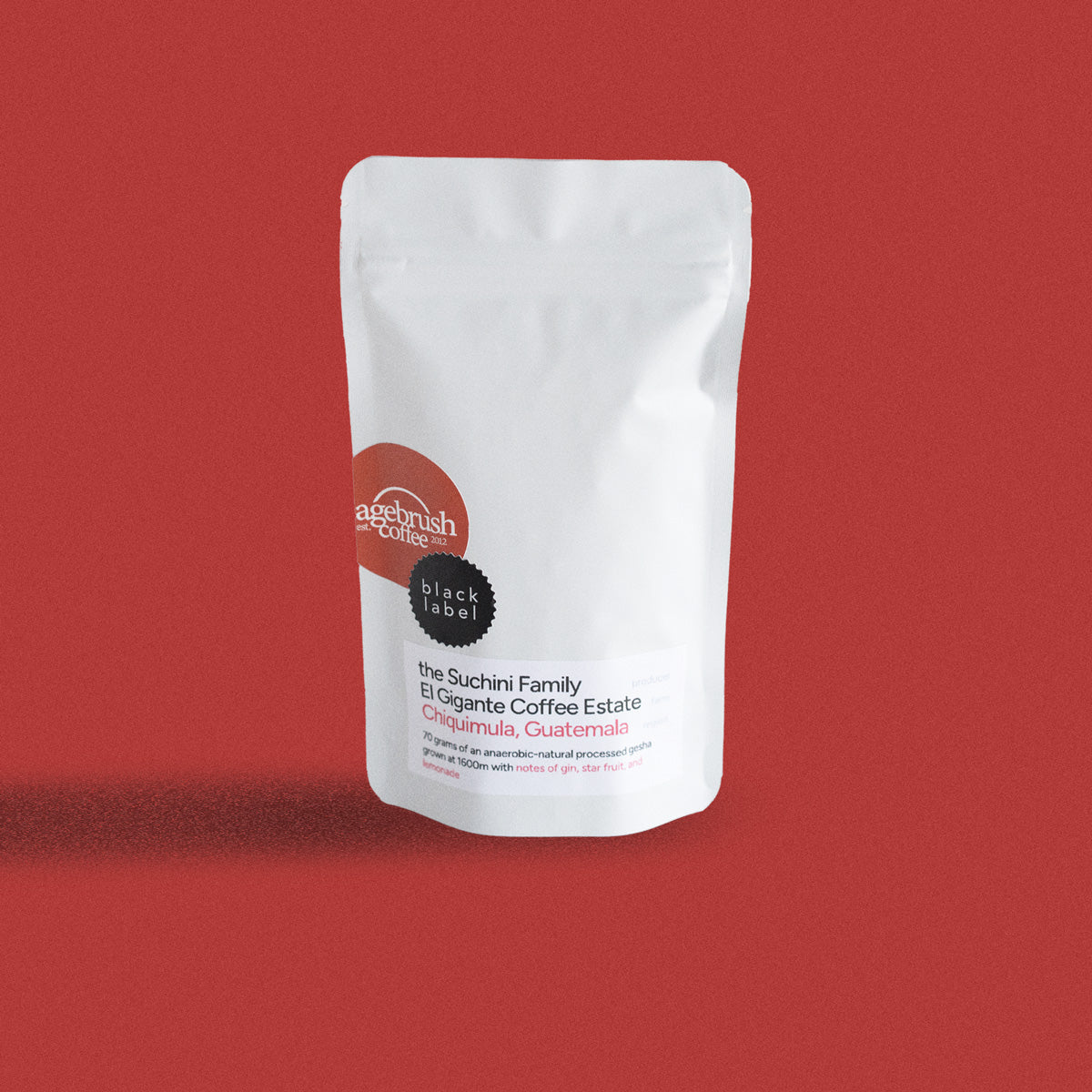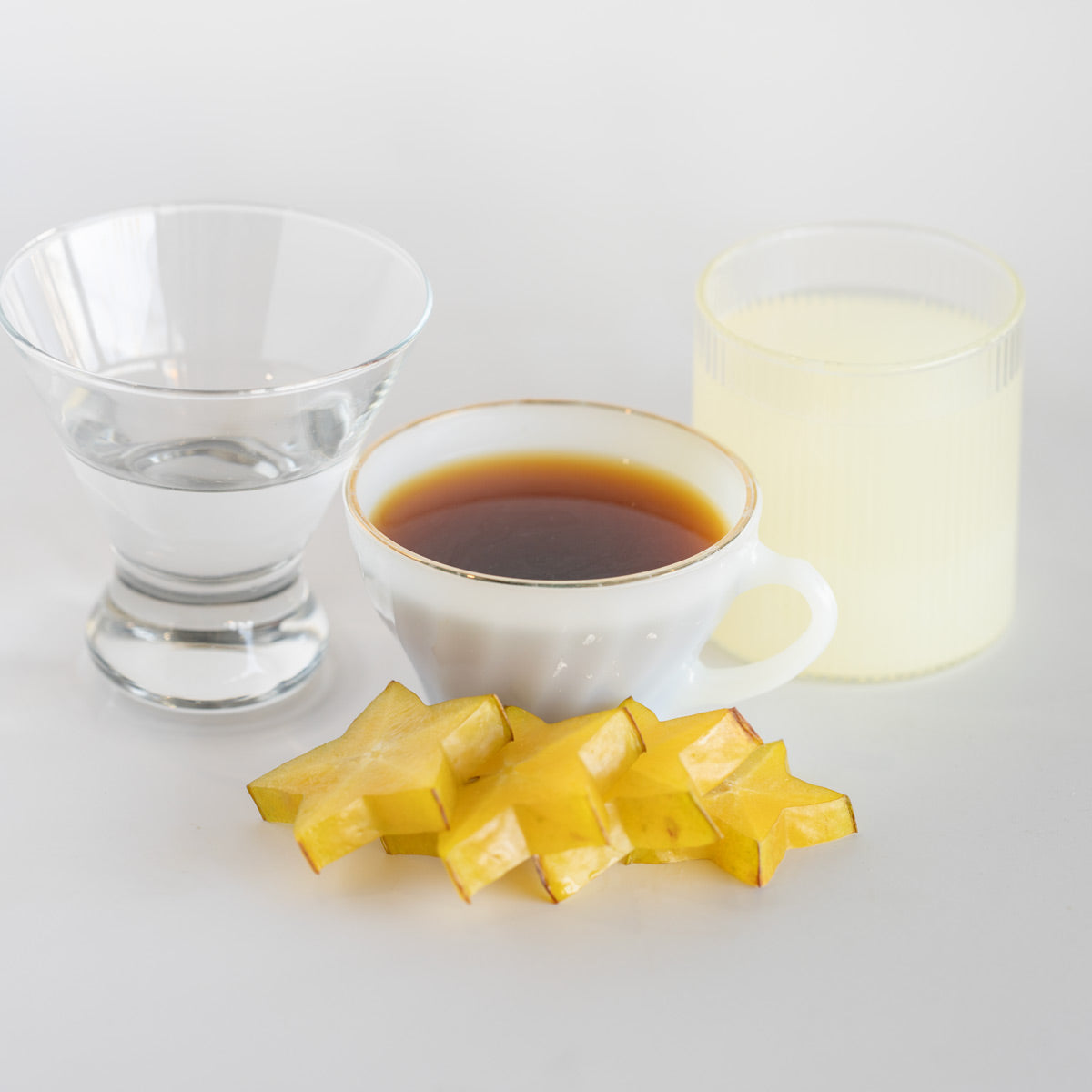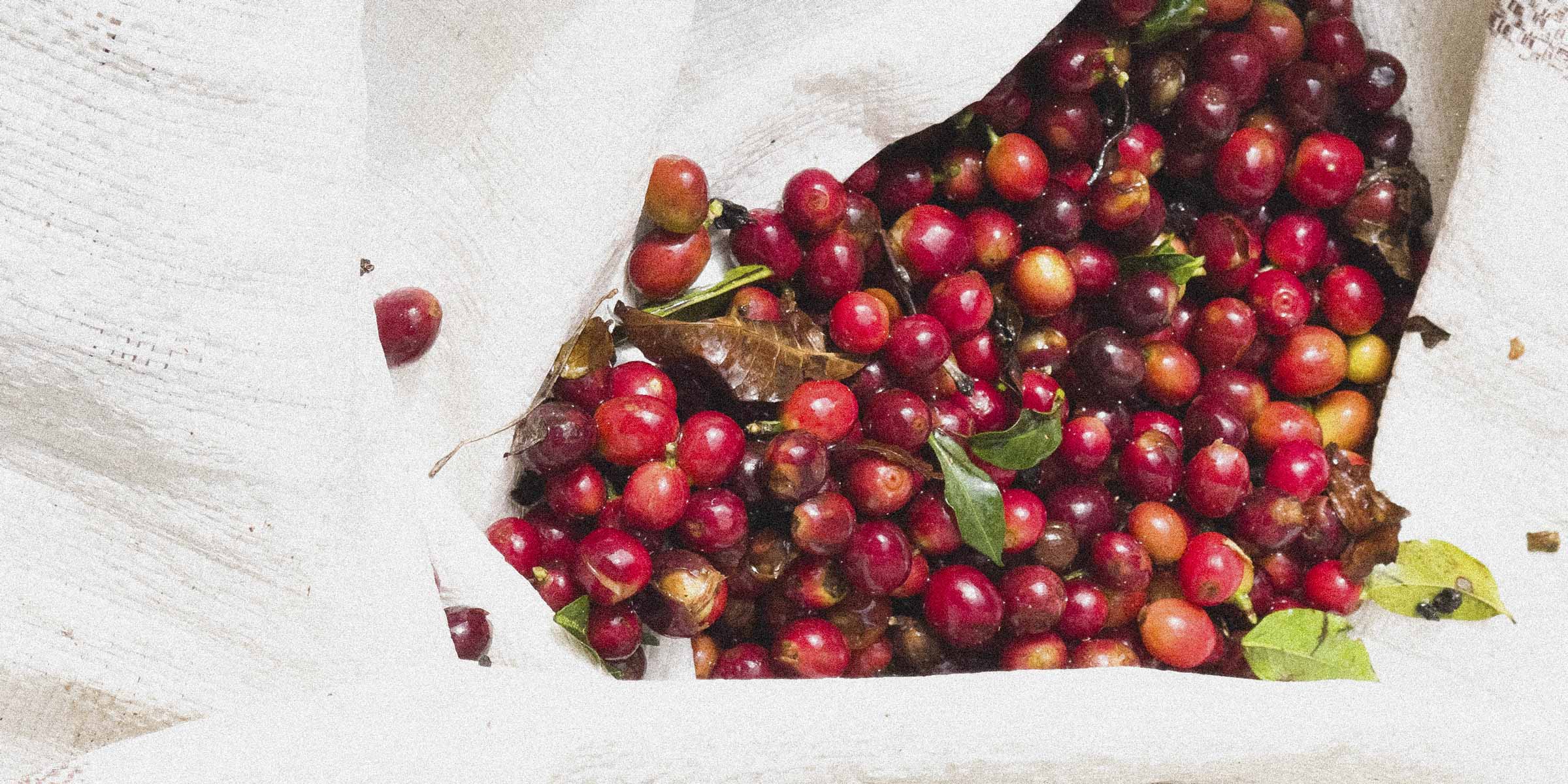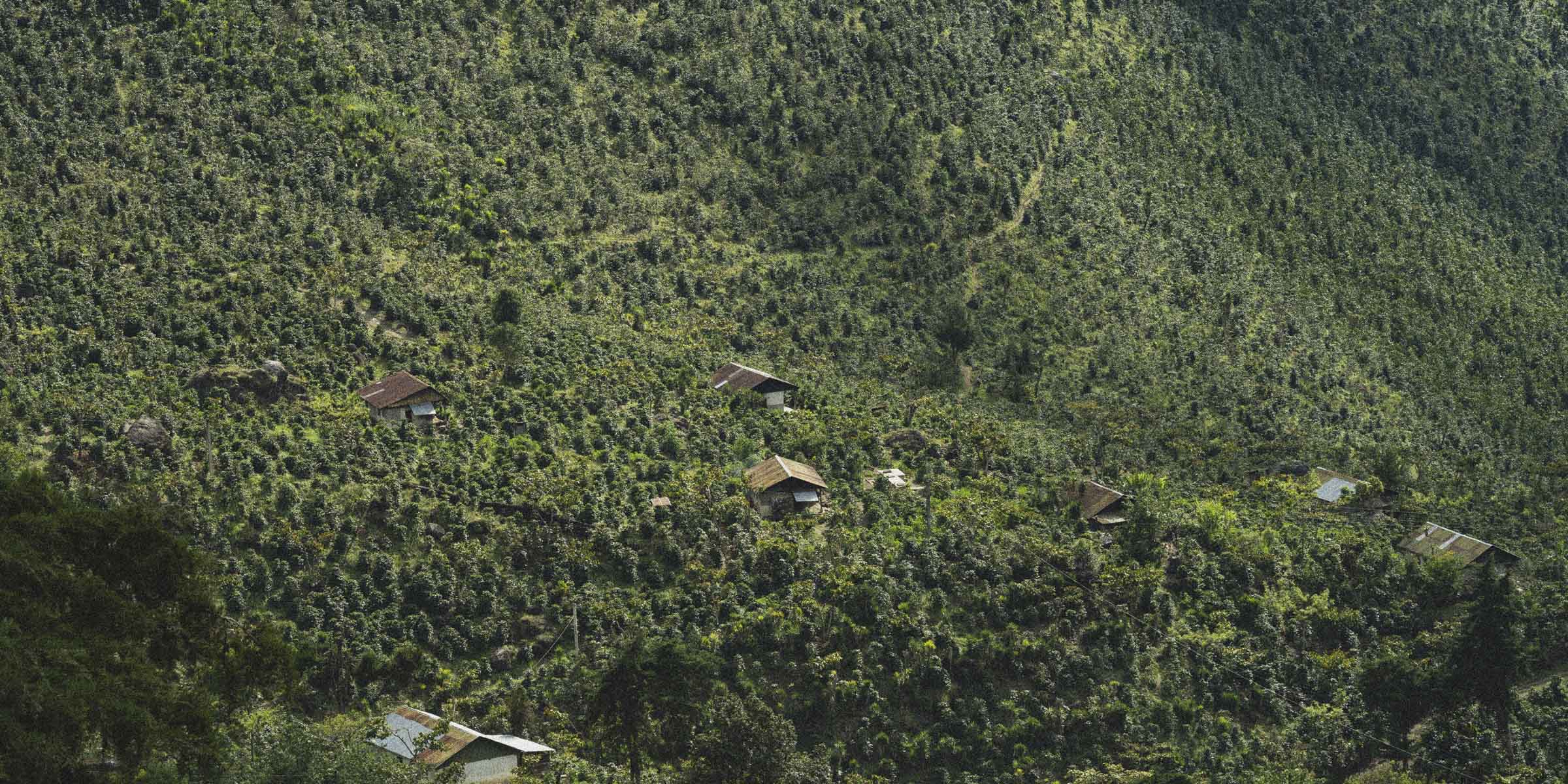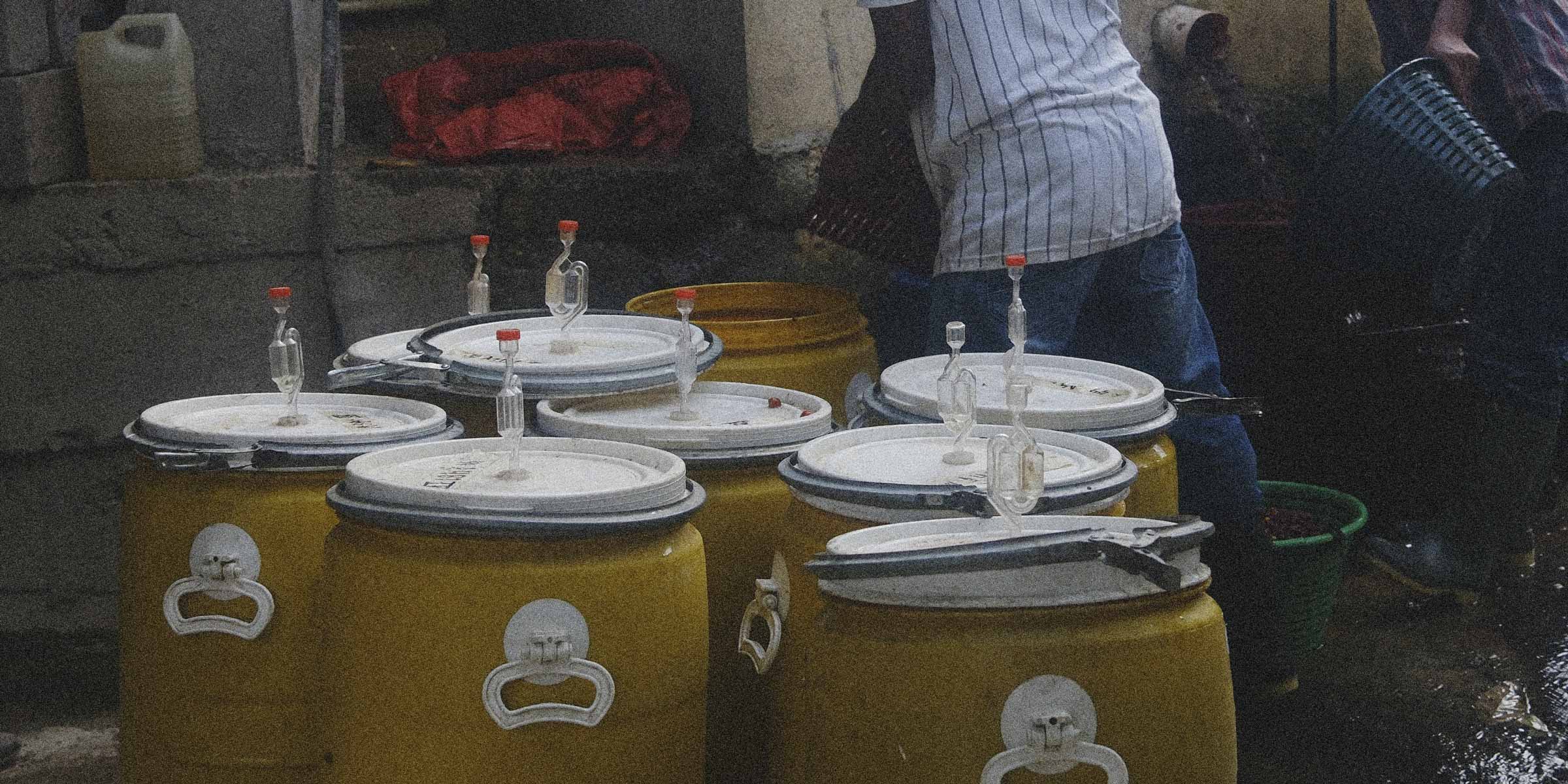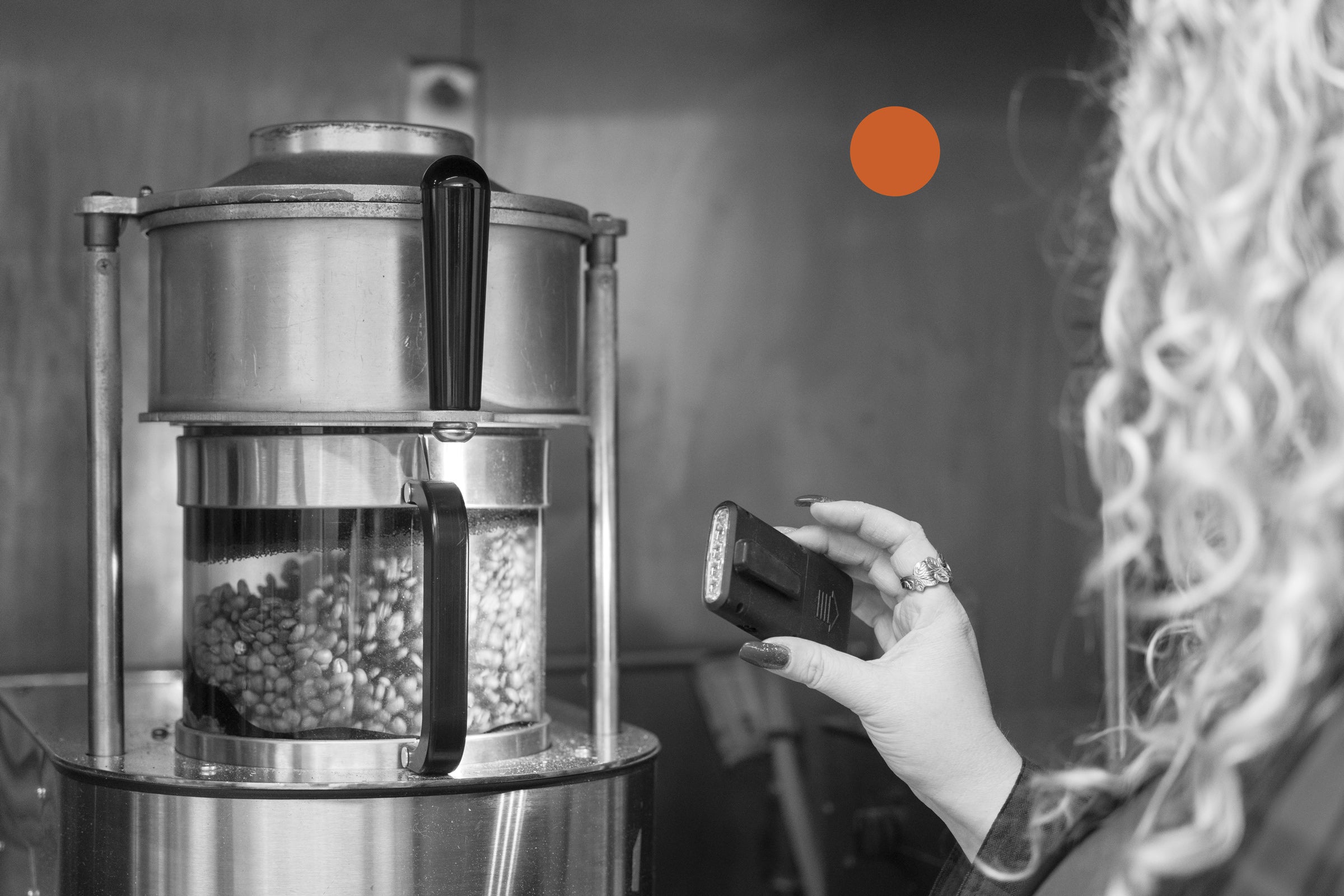There are many factors that go into the coffee supply chain. Several certifications are also needed when it comes to coffee production. I am often asked if our coffee is organic or fair trade, and the answer to those questions is a little complicated. To answer briefly, I have worked to build a more focused direct trade model.
What is the process of direct trade, and how is it permitting us to receive and sell premium coffee beans? Most importantly, how are the farms positively benefiting from the direct trade process? Keep reading to learn the answers to these questions and more, or watch the video below:
Before I dive into the meaning of direct trade coffee, let me first remind you that coffee is a worldwide crop. The coffee plant is grown in various countries around the world and grows best near the equator where there are high altitudes, temperament weather, humid conditions, and sunlight. For example, rainforests provide the perfect environment for cultivating coffee. Along with requiring certain growing environments, coffee is also a seasonal crop. Depending on where it is grown and what the weather conditions are like, coffee is typically only harvested during a three-to-six month time period. Harvest seasons can also vary by region. For instance, an Ethiopian harvest season can occur in a completely different time period from a Latin American growing season.
After the coffee beans are cultivated, they go through a specific processing method (natural, wet, or honey) before getting exported and cupped for selling. Throughout this whole harvesting journey, there are middlemen that will go to the farms and provide certifications. These certifications include Organic, Fair Trade, Rainforest Alliance, and Direct Trade. These middlemen want to infuse their stamp on these coffee farms and make sure that they are complying with whatever they define as organic, fair trade, etc. At the end of the process, importers and shipping companies peddle the coffee to roasters like myself, and then I will take the coffee, roast it to what I feel is best, and sell it to consumers like you. As you can see, there are many variables within the supply chain that it starts to cloud the definition of direct trade coffee.
The heart of direct trade is to add as few steps to the supply chain as possible. This way we know that the workers at the farm are getting the money we are paying, and they are actually creating a sustainable wage. The initial intention of direct trade was to leave out the middlemen, cutting out that extra cost, so that the majority of the money was going to the actual producers of the coffee. There are so many that could take advantage of the supply chain, and we want to do our part to make sure that does not happen. You have probably seen the term “farm to cup.” A lot of people are trying to buy coffee farms so that they can say they are selling coffee from their own farm. That is an applaudable option for those that have the means and desire to harvest their own coffee. I am not a farmer. My wheelhouse is roasting and discovering amazing coffee beans from other farmers to roast and sell.
So, where does Sagebrush fit into the picture, and how do we find these amazing coffee beans? To be completely honest, we ignore certification when researching coffee. My goal is to establish as close of a relationship to the farm and producer that I will not need the Organic or Fair-Trade Associations to tell me what the farmers can tell me themselves. In addition to that, I do not want to pay a nickel- or quarter-per-pound tax that goes to these associations instead of the people that actually harvest the coffee. Does that mean we never carry Organic or Fair-Trade Certified coffee? Absolutely not. Technically, none of our coffees are Fair-Trade right now, but if a great coffee comes across the board, and it happens to be certified, then I am not going to turn it down because of that. In simpler terms, I do not make buying decisions based on certifications.
Our El Salvador Loma La Gloria coffee is a great example of how I have established a close relationship with a coffee producer. A couple of years ago, a coffee buyer and importer I used to work with visited our shop and brought Annie Ruth, who was and still is the owner of the Loma la Gloria farm. We chatted for a while about the process of coffee harvesting, and not long after that visit, the two of them actually got married. To this day I have continued to closely interact with that family and use them to help create relationships with other farms in El Salvador, Costa Rica, and Colombia. Their expertise has helped me pick farms that align with my mission, standards, and preferences. This is a small example of how direct trade works for us.
Along with collaborating with the coffee producers, we also work with the importers that team up with the farms in various regions. There are factors of working with international sources that can make purchasing coffee a little more difficult. The two main complexities that prevent me from establishing a physical “farm and roaster” relationship is distance and language barriers. For that reason, I work with very trusted importers that can work with the farms and accomplish those connections for me. When a crop is complete the importers will come to me and other U.S. roasters to introduce their coffee and make sure that the farm sells enough to continue producing beans year after year. Although possible, these types of direct trade deals can make it difficult to receive the same crop every year, especially when the beans are coming from farther distances. There are even instances when the farmer will cut out the importer and send us coffee samples directly. If the cupping is successful, we will reach back out and figure out import costs that are cost-competitive with the volume we need. If the coffee is good enough, like our Panama Geisha, for example, I will happily pay more to get some. As a result, the selling cost will be more, but I only make decisions like that if I believe the coffee is worth it.
There are two common questions I receive about our coffees. The first is, “are we sure all of our coffees are direct trade, and are the farmers getting a fair wage for the coffee?” The second question is, “Is this coffee organic?” To answer the second part of the first question, Yes - the producers are always receiving a fair wage for their beans. My number one priority is for the farmers to get as much money as possible so that they can continue producing the best coffee possible. If a coffee is great, I frankly do not care how much it cost because I want to make sure I am offering the highest quality coffee. That is not a part of my business where I try to negotiate. Now, do we know if our coffee is organic? Many of our coffees are clean but not labeled organic because the farmers cannot afford or do not want an organic certification, which can cost thousands. In the remote places where coffee trees are grown, chemicals are hard to come by. Most coffee farmers are organic farmers because they cannot afford it any other way.
So, are the coffees in our shop all direct trade? The answer is yes, and we are very proud of that! Unfortunately, I cannot have a personal relationship with every farm, but I am thankful for the several connections I do have. At Sagebrush our commitment is to the farmer, not the certification. We have been very lucky to have access to amazing coffee from incredible farms. We will continue to do our part in the direct trade supply chain so that we can maintain relationships and offer the best coffee for years to come!
